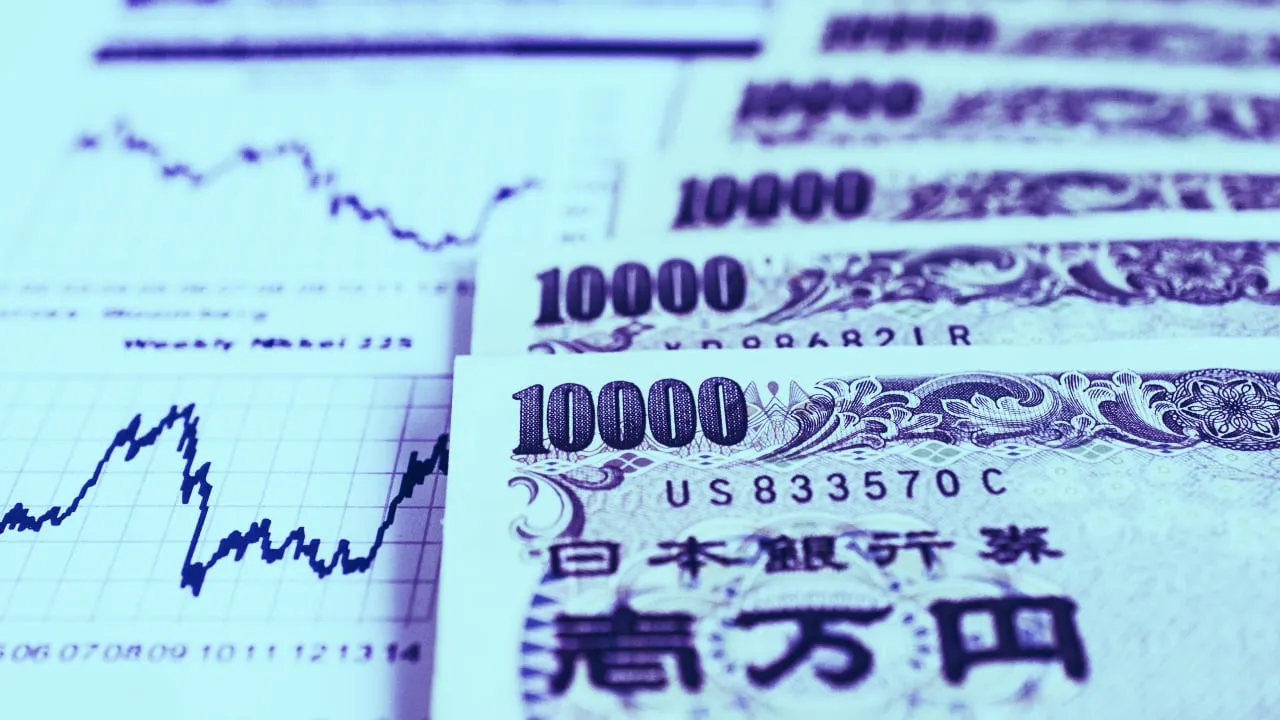Japan is joining a growing list of countries around the world with their sights set on their own state-backed digital currency.
Norihiro Nakayama, Japan’s parliamentary vice minister for foreign affairs, told Reuters earlier today that lawmakers are looking into issuing a digital version of the yen, the country’s national currency. The project would be a joint venture between the government and several private companies based in Japan, with the aim of keeping their nation one step ahead in the digital money space.
Nakayama said the proposal for the currency could be submitted as early as February of this year.
So why would Japan want its own digital dough? Two reasons: China and Facebook’s Libra.
China's plans for a digital currency
China has been pushing for a digital yuan since 2014. While many of the project’s details remain unknown, it’s got a lot of China’s neighbors worried, including Japan.
One of Japan’s biggest concerns involves the idea that China will seek to establish the digital yuan as a settlement currency. Japan’s finance minister Taro Aso explained to Reuters that this would be a “very serious problem” considering his country primarily uses dollars to settle transactions, and most of Japan still loves cash.
There is also a prevailing fear that China’s digital currency could be used as a form of financial surveillance—a way to peek into the intimate financial details of anyone who transacts with the currency. Mu Changchun—head of the People’s Bank of China’s digital currency research institute—made attempts last November to quell those fears. He said users would still be able to conduct anonymous transactions and that the digital yuan was primarily designed to “boost financial inclusion” in rural regions.
China has since picked up the pace on its central bank digital currency. But, in fact, it was the introduction of Facebook’s stablecoin project, Libra, that hastened China’s work on the digital yuan, according to Wang Xin, the director of the People’s Bank of China.
At a conference last July, Xin commented that a US-based digital currency like Libra could potentially hurt his country’s financial infrastructure.
The threat of Facebook's Libra
Despite the hurdles presented by global regulatory bodies since it was first announced in June of last year, the Facebook-led project continues to press on. Last week saw the introduction of a new “Technical Steering Committee” which will consist of five inaugural members tasked with overseeing the project’s development. As of November, Libra’s testnet had already processed more than 50,000 transactions across 34 projects working on its blockchain.
Chuanwei Zou—a chief economist with Chinese mining giant Bitmain—explained in an interview with NPR that Libra “represents a huge threat” when it comes to mobile payments. China, for the most part, has relied heavily on mobile payments through platforms like WeChat and Alipay, and Libra could potentially disrupt those platforms.
But Japan may have different concerns regarding Libra. Last July, Nikkei Asian Review reported that Japanese lawmakers were worried Libra would be difficult to regulate. They said that since Libra is pegged to a basket of different fiat currencies, this avoids being tied to any one country’s governing politics.
But considering Libra’s dwindling list of supporters—with British telecom giant Vodafone being the latest major partner to drop out of the Libra Association—Japan, China, and other nation states may not have much to worry about in the end.

